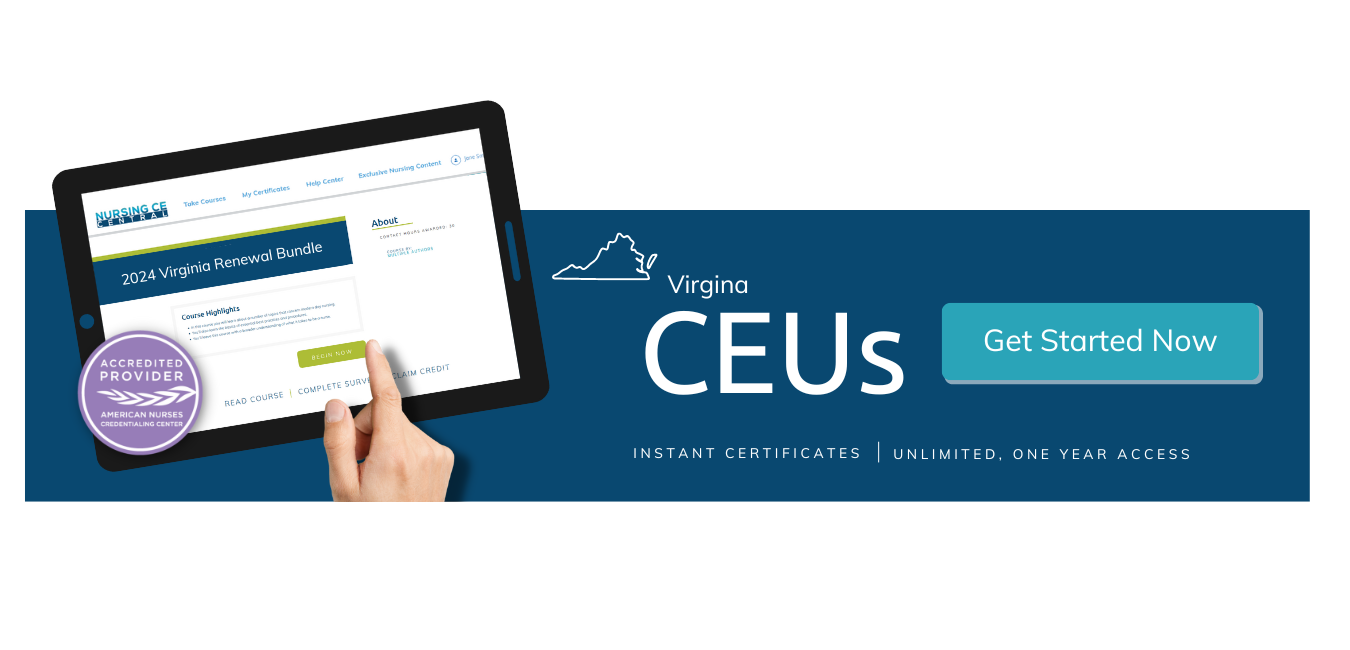Areas of Patient Education
The health status of a patient can change quickly so the nurse or provider should always be available to offer insight or answer questions about any new or unusual conditions.
It is dually important that patients are aware that a nurse will be readily available to offer guidance and recommendations if needed.
Disease Management
Patient education also assists with chronic disease management and allows these individuals to be knowledgeable about their conditions and the necessary steps in order to ensure more positive outcomes.
Primary Care & Vaccinations
One may also ask if patient education can be beneficial for routine screenings, vaccines, and basic annual well visits. The answer is absolutely!
Allowing patients and caregivers to become more aware about the recommendations regarding screenings, vaccines, and annual well visits encourages these individuals to become more empowered and involved in their personal healthcare.
Discharge
Discharge education is another huge area of importance that plays a vital role when a patient is discharged from a facility and should focus on the following:
- Medication instructions
- Management of care and techniques to meet clinical needs
- Management of individual patient needs and/or circumstances
- Potential symptoms of side effects of medications and procedures
Pre & Post Op
Patient education strategies can be utilized to help patients prepare for a particular procedure and to be knowledgeable of the care that will be needed after the procedure even before the procedure takes place.
This allows time to plan and prepare for the tasks that need to be covered before and after the procedure.
By utilizing these areas and ensuring that they are covered in detail, patients and the families can be equipped with the necessary knowledge to manage care.
If they have poor health literacy the results can lead to negative or decreased health consequences.










